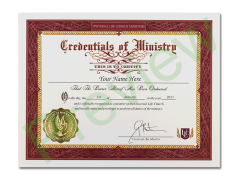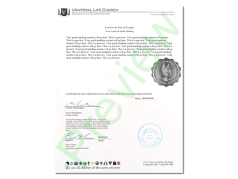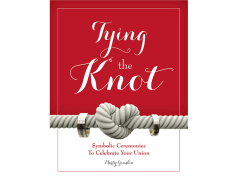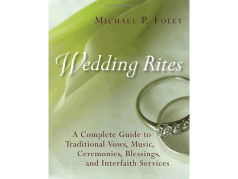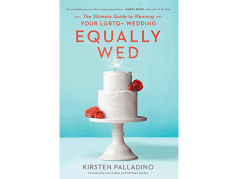Become a Wedding Officiant

As more couples are seeking out alternatives to the big, traditional wedding in the big, traditional church, many are turning to friends and family to perform their wedding ceremony. Here are some tips on how to become a wedding officiant so you, too, can marry your friends.
Get Ordained
If you aren’t a civil celebrant, such as a judge, in most states you will need to become an ordained minister to officiate a wedding. Fortunately, we have broken down the traditional barriers to ordination, opening the door for regular people to live out their dreams as legal wedding officiants. We believe that all who feel called to the ministry should be allowed to join.
Know the Laws
States and counties govern who can legally perform weddings. To become a wedding officiant in some states you must register with state officials, while other states have no such requirement. Rules can also vary by county. To ensure that any wedding you perform is 100% legal, contact your county clerk and find out what’s required to solemnize marriages there.
Communicate
Establish a dialogue with couple you're going to marry. Take note of their desires and expectations. Do they want a religious ceremony? Are they going to write their own vows? Be sure to tailor the ceremony to reflect who they are. Make a detailed plan based upon their wishes that shows the order of the service and who is involved in the different elements. For example: if Aunt Edna is reading a poem, write this down to avoid confusion when she comes bounding up to the microphone.
Practice
An important part of becoming a wedding officiant is developing your own delivery and style. You need to become comfortable with the words and order of the service in order to appear relaxed and natural. To achieve this, you must practice speaking the ceremony out loud, in front of a mirror if possible, in the weeks before the wedding.
Join the ULC today and let us guide you in becoming a wedding officiant.
